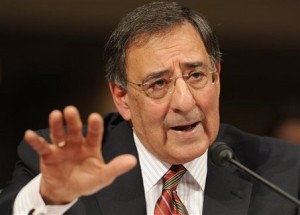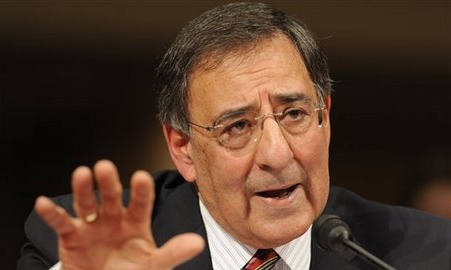He’s the lion in winter. He’s a voice of conscience. And he’s ready to put up his dukes and spar a few rounds with gridlocked Congressmen who have pushed the leadership debate in Washington DC to a fractious no-exit.

Leon Panetta, 23rd US Secretary of Defense (2011-2013) and former Director of the CIA (2009-2011), is perhaps best known for overseeing the military operation that brought down Osama bin Laden. But in a recent keynote speech at a luncheon sponsored by Canary, LLC, part of the DUGEast energy conference in Pittsburgh, he spoke plainly about energy security and our leadership future.

